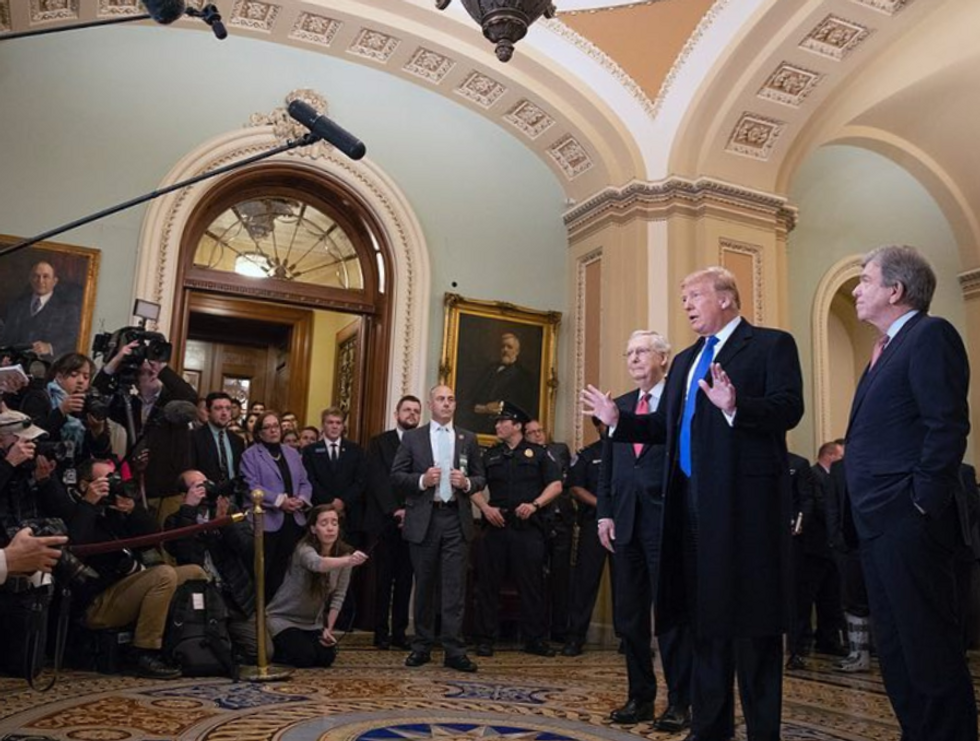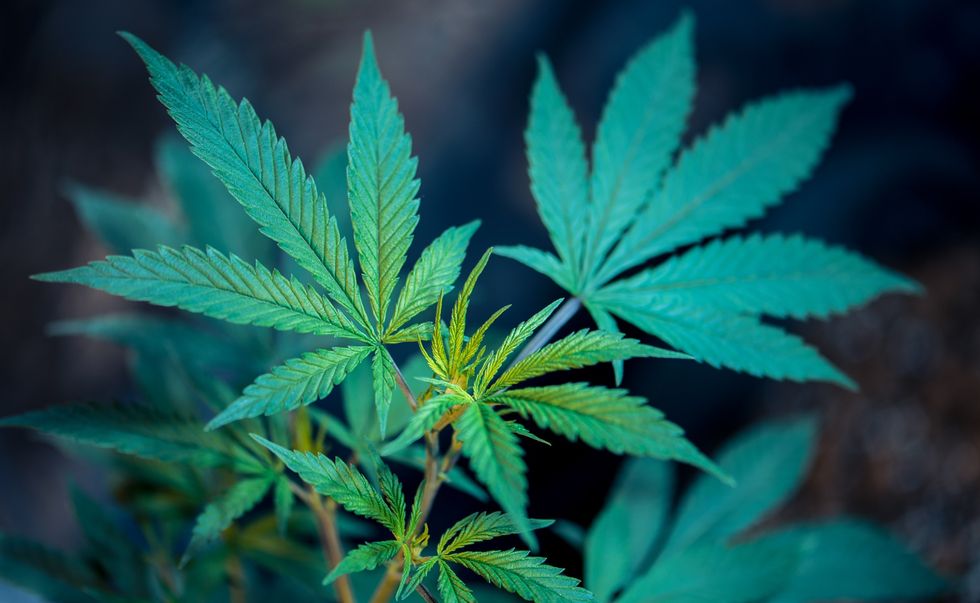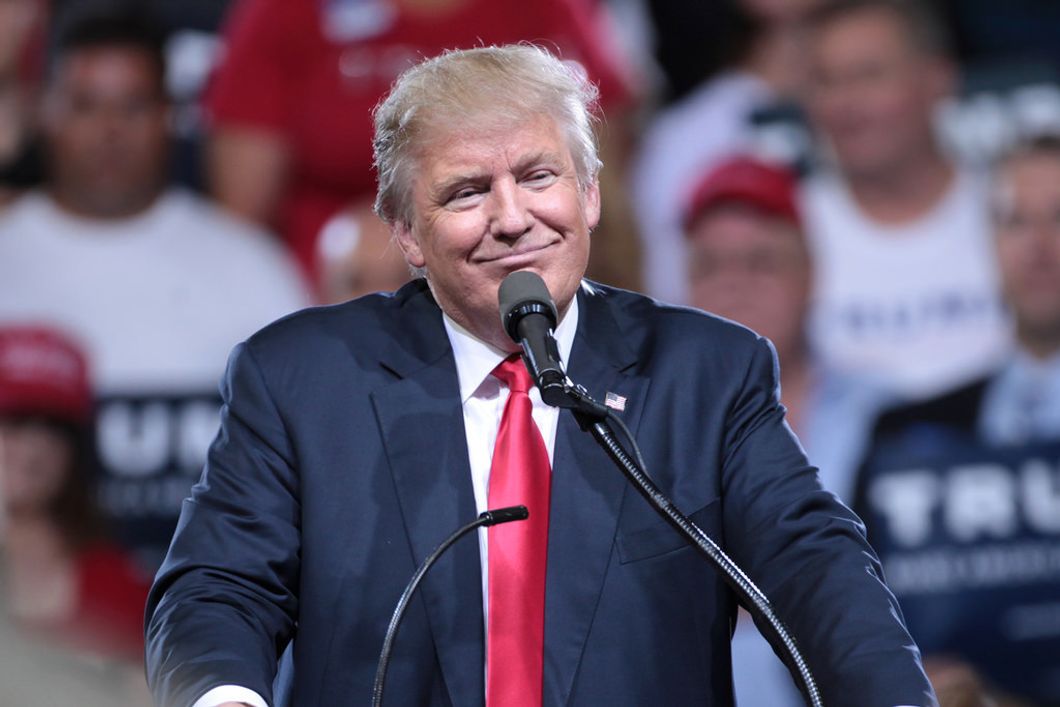Dear Congress, Executive Privilege Shouldn't Be A Frequent Thing
It blocks the truth from coming out.
For those that aren't aware of what executive privilege is, by definition, it's the privilege, claimed by the president for the executive branch of the US government, of withholding information in the public interest. While it has been used with just about every President we have had, some of the cases in which it was used wasn't right and attempted to block the truth from coming out.
Since the power to withhold information is not absolute, the use of executive privilege has been common with past presidents, including the Ford, Carter, Reagan and Bush administrations. It has been used for various reasons including protection of the President and protection of documents.
While this action is seen as constitutional in Congress, I don't believe it should be used in certain cases. The Mueller report being one of them.
On Sunday's March 24 show of NBC's "Meet the Press," House Judiciary Committee Chairman Jerrold Nadley, refers to the Nixon administration and its wrongful use of executive privilege, as President Nixon was unable to hide his wrong-doings. Nixon had attempted to use executive privilege to protect himself and other advisors during the Watergate investigation, however, the Court decided to bring forward all requested documents, including the Watergate tapes, since they were an essential part of the investigation.
If executive privilege had been used with Nixon, the truth behind the scandal would have been unavailable to the public. Nadley said, "I mean, the president may try to assert it [executive privilege], may try to hide things behind it. But I don't think that's right or [will] be successful." He believes that if Trump is able to use the privilege it means he has power over the law, and the truth could be concealed from the public.
"The president must personally assert executive privilege. And I do not believe it exists here at all because, as we learned from the Nixon tapes case, executive privilege cannot hide — cannot be used to hide wrongdoing," Nadley said.
Since the Mueller investigation has already revealed wrongdoings by President Trump, there is a strong possibility of Trump also pushing for executive privilege. The investigation has indicted 12 Russian intelligence officers for computer-hacking conspiracies in which had a goal in meddling with the election, exposed a Russian online influence campaign and charged 34 people-including six former Trump aides-for conspiracy or lying to investigators. The fact that six former Trump aides were charged is a case for suspicion and shouldn't go unnoticed.
In a March 2019 poll conducted by CNN over telephone interviews regarding whether the investigators of the Mueller investigation should produce a full, public report on their findings, 87% believed the report should be made public, 9% believed it's unnecessary for the report to be made public and 4% had no opinion. The results show that most of the public agrees with making the full report public and not leaving any portions out.
The purpose of the media is to be watchdogs for the public. The purpose of journalists-my future career- is to tell the public what is going on in the society around them. Also, their purpose is to show the public what people are trying to cover or hide, with the possibility of uncovering corruption. The use of executive privilege takes away from the job of journalists, as they want the public to know about what is happening within their government. Regarding the Mueller report, at the end of the day if there is nothing for the Trump administration to hide, then why not release the full report? Now we wait and see.



























